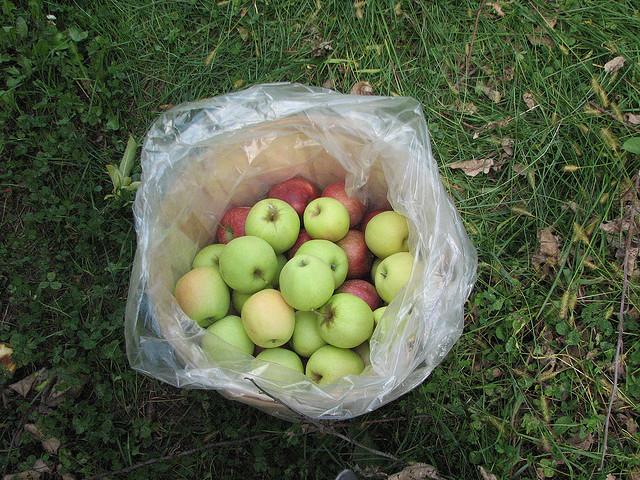
Under our mother’s dictatorship, we had one liberty. Each market day, she bought a crate of Golden Delicious apples and tipped the Swiss vendor to lug it up the three steep flights of stairs that led to our immigrant’s cramped apartment. The full crate barely fit on the bottom shelf of our small pantry, where it sat for us all month. These apples were our only snack, but we could eat of them without restriction.










